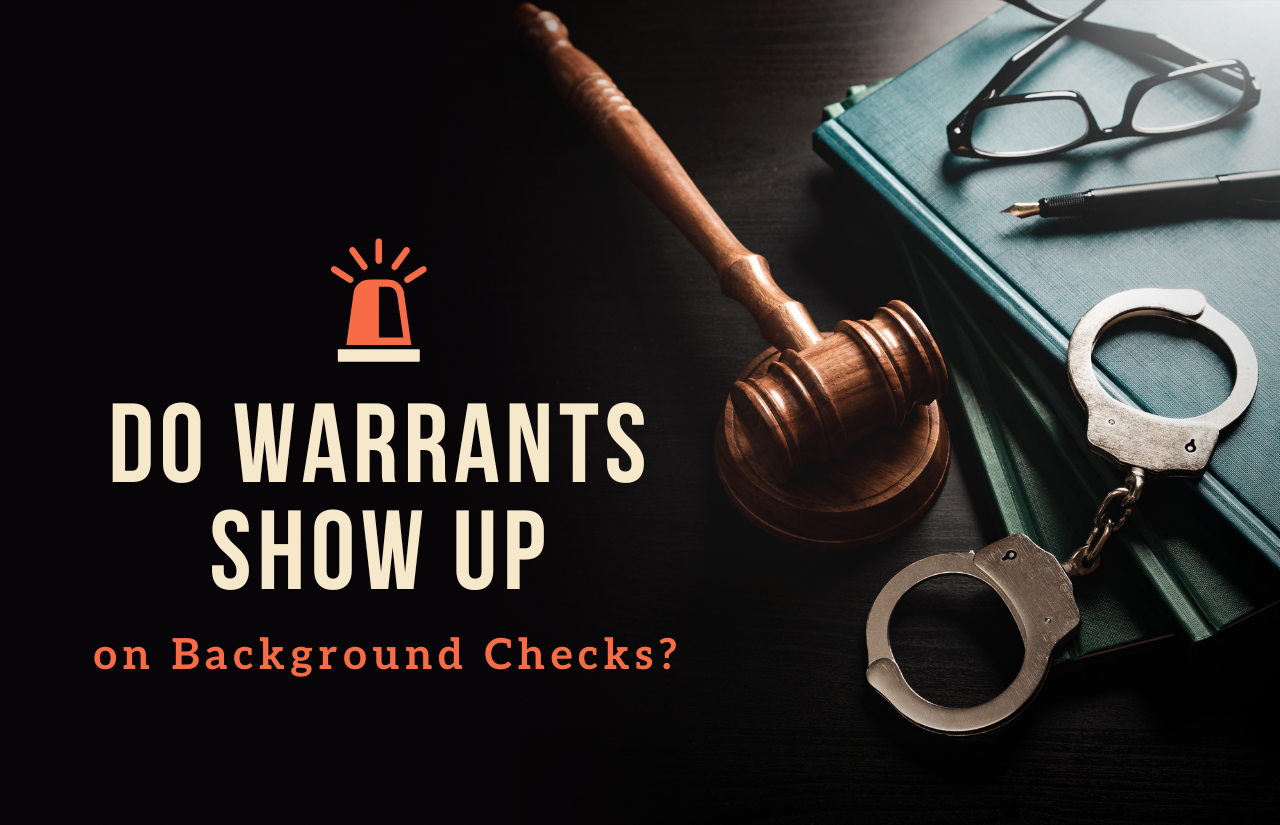In today’s interconnected world Background checks have become a standard part of many processes. From job applications to rental contracts It provides a comprehensive view of an individual’s history. Helps organizations have information to make decisions. But what happens if you have a warrant in your name? Does a background check show a guarantee? Let’s dive into how a warrant will affect the results of your background check. And what does that mean to you?
Overview of Background Checks
A background check is an investigation into a person’s history. This is often requested by employers, homeowners or organizations. These checks can reveal information about criminal history. Credit history Employment History, etc. There are many different types of background checks. Each type has a different purpose. For example, a criminal background check focuses on a person’s criminal history. While a credit check will reveal financial transactions.
What is a Warrant?
A warrant is a legal document issued by a judge or magistrate. Allows law enforcement agencies to take certain actions, such as arresting people or searching property. There are several types of warrants:
- Warrant: Issued when there is probable cause to believe that someone has committed a crime. These warrants allow law enforcement to detain individuals.
- Bench Warrants: These are generally issued when someone fails to appear in court as required. These can lead to arrest. But they are generally less severe than arrest warrants.
- Search warrant: Allows law enforcement to search a specific location for evidence related to a crime.
Having a warrant can have serious legal consequences. including arrest and prosecution It is important to understand. implications of warrants and how they can affect various aspects of your life.
Do Warrants Appear on Background Checks?
Whether a warrant shows up on a background check depends on the type of check being processed and the jurisdiction involved. Here are the details:
- Criminal background checks: These checks are likely to reveal warrants. Especially if the search warrant is still valid. Warrants and serious charges are generally included.
- Variations by Jurisdiction: The availability of a warrant on a background check can vary greatly. Depends on state and local laws. Some jurisdictions have subpoenas. While in some places there may not be any.
- Resume review companies: These companies have their own criteria for what information should be included in the report. Some may not report warrants or minor layoffs.
For example, active warrants are more likely to show up on background checks than warrants for minor court violations. It’s me.nformation available can vary significantly depending on the jurisdiction and the company conducting the check.
You might wonder: Do Pending Charges Show Up on a Background Check?
How Employers and Agencies Use This Information?
Employers often use background checks to assess a candidate’s suitability. If the background check shows an arrest warrant It can affect an employer’s decision in a number of ways:
- Hiring Decisions: Employers may be concerned about reliability or safety. This is especially true if the warrant is related to a serious crime.
- Applying for a home: Landlords may view a warrant as a red flag. Due to concerns about possible problems or legal problems
- Volunteering and Professional Licensing: Organizations may have strict policies that prevent individuals from participating in certain legal matters.
Understanding how a warrant can affect these areas is important for those in the background.ecks. It’s essential to know your rights and be prepared to address any issues that arise.
Legal and Privacy Considerations
IIndividuals have the right to background checks. This includes the right to know what is in the report. If your background check shows an arrest warrant You have the right to object if it is incorrect. Employers are also legally required to follow certain procedures when using background checks. For example, they must obtain written consent before conducting the check.
Privacy concerns are another important issue. Sensitive information, such as arrest warrants, must be handled carefully to protect individuals’ privacy. Laws like the Fair Credit Reporting Act (FCRA) provide guidelines for how this information should be used.
What to Do If You Have a Warrant?
If you find out that you have an arrest warrant It is important to act quickly. Here’s what you can do:
- Check your background: Use an online service or contact your local court to check your arrest warrant and other information.
- Edit a warrant: If you find a warrant, consider consulting a lawyer. They can advise you on solutions, such as appearing in court or paying a fine.
- Prevent future problems: Review your background information regularly to ensure accuracy and resolve any issues. Got it from the beginning
Taking proactive steps can help prevent further legal complications. and help ensure that your background check accurately reflects your history.
Conclusion
In summary, whether or not a warrant shows up on a background check depends on many factors. Including the type of warrant and jurisdiction. This information can have a significant impact on your employment, housing, and other aspects of your life if you have a warrant for your arrest. It is essential to understand your rights and take action.
Regularly checking your background information will help you stay informed and enthusiastic. This will ensure that your background check accurately reflects your history and addresses any issues. quickly
